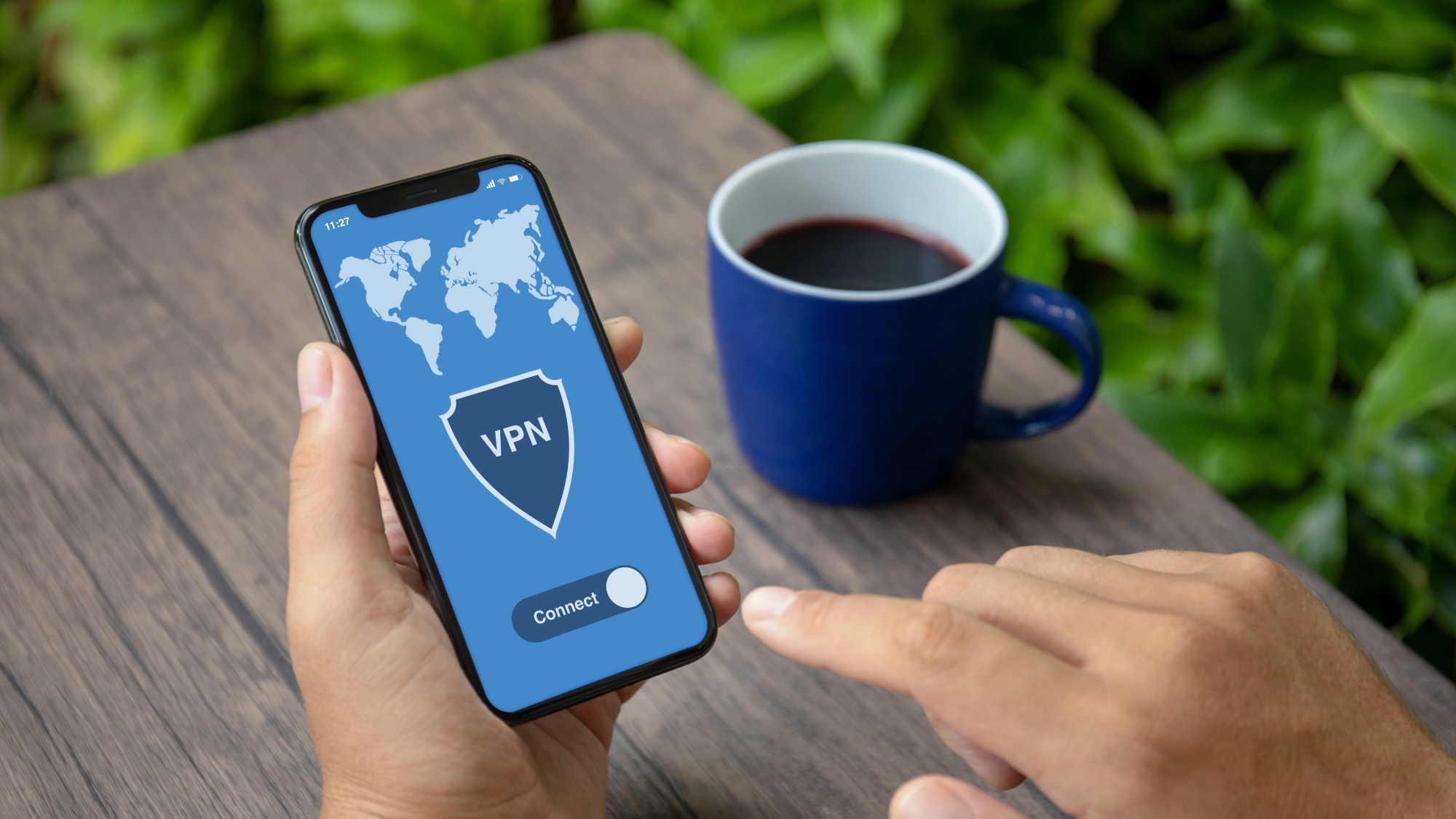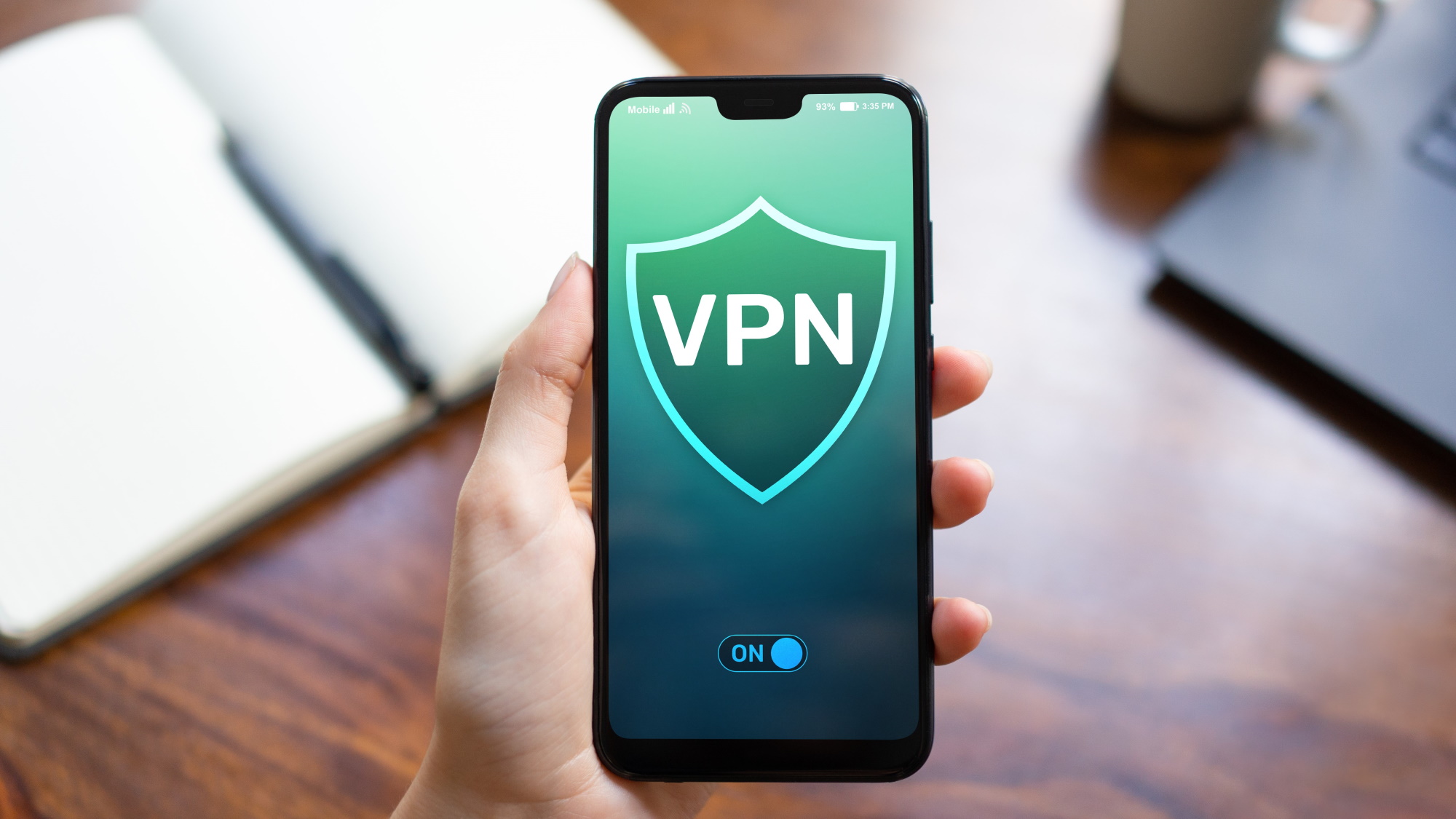What is a VPN proxy?
Find out what a VPN proxy is, and get a better idea of the internet security measures available in the market in our explainer

Get all the latest news, reviews, deals and buying guides on gorgeous tech, home and active products from the T3 experts
You are now subscribed
Your newsletter sign-up was successful
With advanced internet security measures becoming more easily available to the public, and the hunt for the best VPN ever more prevalent, you might be wondering: what is a VPN proxy?
Although a VPN and a proxy provide similar benefits and are used interchangeably, these are different services. In this article, we go over each service and the differences between them.
What is a proxy?
During a normal web browsing session, your browsing device connects to a website directly and downloads its pages for you to use. It’s a straightforward way of browsing the internet, but it leaves a record of your IP address and can be monitored by your internet service provider.
With a proxy in place, your browsing device won’t connect directly to the website. It’ll first send your web traffic to the proxy server, which will then send your request to the target website. Once the proxy server downloads the information from the website, it’ll send it back to your browsing device.
Since the proxy server is the one connecting with the target website, your IP address is kept hidden, so you can enjoy an anonymous browsing experience. You can also use proxies to bypass geo-blocking and access content from other regions.
Proxies are limited because they work only on an application level. This means a proxy could be set up for your web browser, but it wouldn’t apply to the other applications on your device, like Netflix.
A point of concern is that when using a proxy, the data that you send from your device to the proxy server is not encrypted, so it can be hacked by intruders.

What is a VPN?
A virtual private network (VPN) is similar to a proxy because it also sends your web traffic through a remote server and masks your IP address. But with a VPN, all your device’s web traffic is rerouted. So, other web applications, like YouTube and Netflix, will also be routed through the remote server.
Another important distinction is that all your internet traffic is encrypted when using a VPN. This means the data sent from your device to the remote VPN server cannot be intercepted by hackers.
What are the differences between a VPN and proxy?
The primary difference between VPN and proxy is that a VPN works on the operating system of the device, while a proxy is limited to a single application (like a web browser). This means you can get a VPN client for each specific device you own, like an iPhone VPN, or an Android VPN.
A VPN is more secure because it encrypts your web traffic data, and a proxy doesn’t do that. VPNs also tend to be slower than proxies because they have to encrypt the user’s data, but they’re more reliable. That said, you can find the best fast VPNs, if you're looking to boost your download speeds, or carry out tasks that might usually slow you down like streaming, or get a specific gaming VPN.
Although a VPN and a proxy offer similar advantages, like bypassing geographic restrictions and anonymous browsing, these are different services. The former is encrypted and works across the operating system, while the latter is not encrypted and works solely on the application level.
Keeping the features of both services in mind will help you decide what’s best for your internet needs.
In search of more info about VPNs
- Want to binge-watch? Here's the best streaming VPN
- Outside of the US? Get the best US VPN for bypass geo-restrictions
- Get help on how to download NordVPN onto your device with our guide
Get all the latest news, reviews, deals and buying guides on gorgeous tech, home and active products from the T3 experts